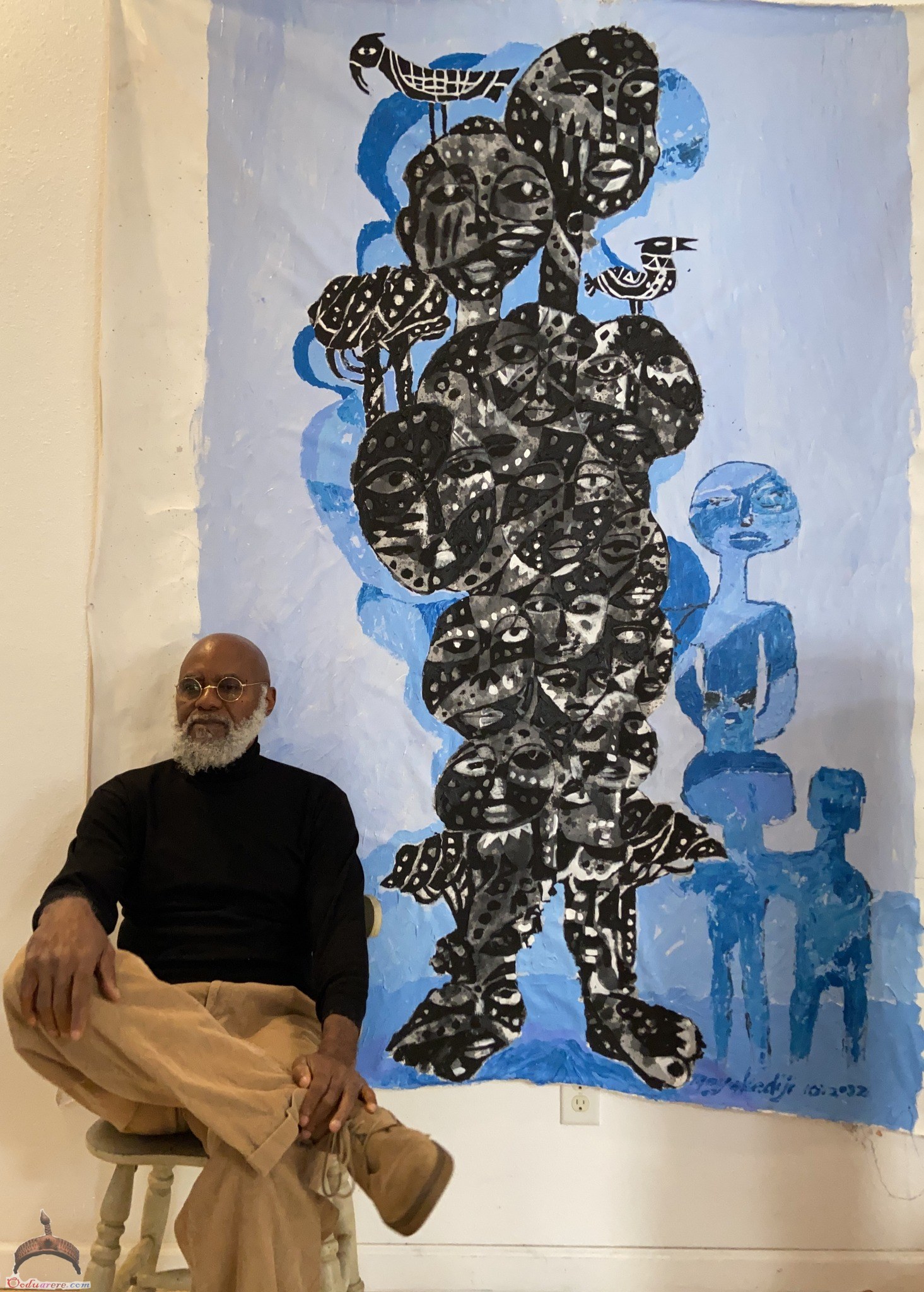AMIN is Yoruba term/concept that is coined out of Amen. It was a Yoruba bastardization of Amen that resulted to Amin. A dictionary of Yoruba Language (2008) defined Amin as Amen; so be it.
ÀṢẸ AS COMMAND/AUTHORITY/ORDER
ÀṢẸ can be used as a form of Authority or command a person or group of persons has over the other, or a particular subject matter. A king/Judges can give a command that sales of a particular land should be put on hold. Hence, a typical Yoruba man will say, Adajo ti páa l’aṣẹ kí a se àfàró lórí ilẹ̀ nàà.
This command also exists in nature. Rain falls, moon come out, day break , snake bit with its poison , etc by the command Olodumare gave to manifest at their time. This is the reason the Yoruba’s in their wisdom says, Ase ojo l’ojo fi nyo, Ase Orun l’orun fi nwo e.t.c i.e day break with its authority, and sun rise with its authority.
ÀṢẸ AS AN AGREEMENT TO PRAYER
ÀṢẸ is used as an agreement to a prayer (isure). It is usually used as an interjection or as a back up to a prayer. Whenever one says ÀṢẸ to a prayer that is being offered by another person, it simply shows an agreement that whatever the person said shall manifest as such.
According to Eji-Ogbe; ………………Nigbati gbogbo aye gbo wipe Orunmila ti gba Ase lowo Olodumare, won si nwo too o. lati igba naa ni won wipe “ÀṢẸ”.
Meaning: when the people of the world heard that Orunmila had receives ÀṢẸ from Olodumare, they started following him. Since then, they started saying ÀṢẸ-so be it.
From the above verses, it is crystal clear that things are not forthcoming before Orunmila went to Heaven to collect Order/Authority from Olodumare, so that whatever he says or prophesy will manifest. Eventually, when the people observe that whatever he says always manifest, they started saying ÀṢẸ-so be it in agreement to the prayer.
Continue reading after the page break bellow.
 Ọmọ Oòduà Naija Gist | News From Nigeria | Entertainment gist Nigeria|Networking|News.. Visit for Nigeria breaking news , Nigerian Movies , Naija music , Jobs In Nigeria , Naija News , Nollywood, Gist and more
Ọmọ Oòduà Naija Gist | News From Nigeria | Entertainment gist Nigeria|Networking|News.. Visit for Nigeria breaking news , Nigerian Movies , Naija music , Jobs In Nigeria , Naija News , Nollywood, Gist and more









